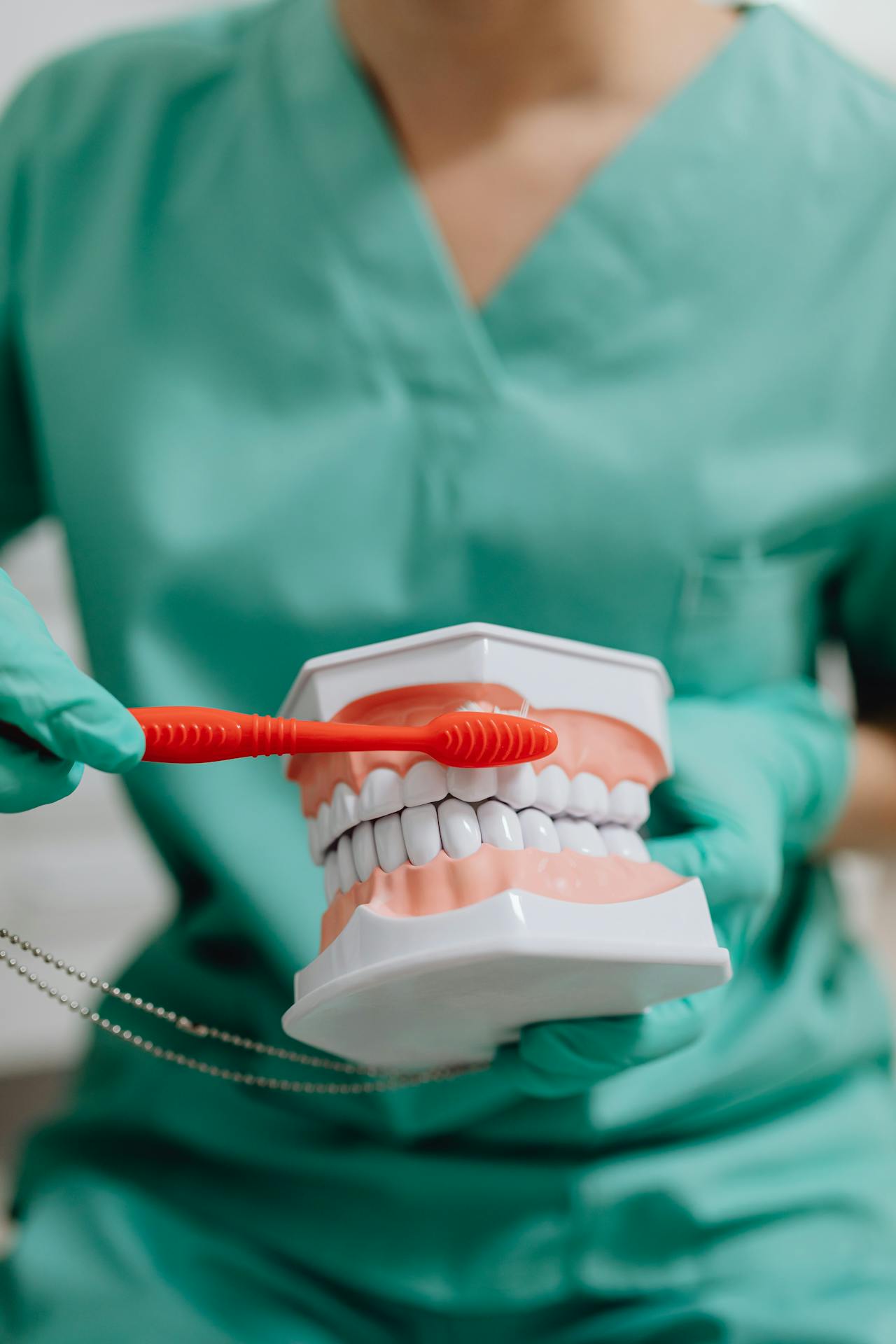A periodontist is a dental specialist who focuses on the prevention, diagnosis, and treatment of periodontal (gum) disease, as well as the placement of dental implants. They receive additional training beyond dental school to become experts in the health of the gums, bones, and other structures supporting the teeth. If you’ve been referred to a periodontist, here’s what you need to know about their role in maintaining your oral health.
Key Responsibilities of a Periodontist
- Treating Gum Disease: Periodontists specialize in diagnosing and treating all stages of gum disease, from mild gingivitis to advanced periodontitis, which can lead to tooth loss if left untreated.
- Performing Surgical Procedures: Periodontists are skilled in performing various surgical procedures, including gum grafts, bone grafts, and crown lengthening. These treatments help restore gum and bone health, providing a solid foundation for your teeth.
- Placing Dental Implants: Periodontists are experts in placing dental implants, which replace missing teeth. They ensure the implant integrates properly with the jawbone and surrounding tissues, creating a durable and long-lasting solution.
- Managing Gum Recession: Receding gums can expose tooth roots and lead to sensitivity or tooth loss. Periodontists offer treatments to restore gum tissue, protecting your teeth and improving aesthetics.
- Preventive Care: Periodontists provide preventive care and maintenance for patients who are at high risk for gum disease or those with a history of periodontal issues. Regular cleanings and checkups help keep your gums healthy.
Why You Might Need a Periodontist
If you have been diagnosed with gum disease or need advanced treatments to restore the health of your gums and teeth, your general dentist may refer you to a periodontist. Some common reasons for seeing a periodontist include:
- Persistent gum inflammation or bleeding
- Gum recession
- Loose teeth due to bone loss
- Missing teeth requiring dental implants
- Advanced stages of gum disease
FAQs About Periodontists
- How is a periodontist different from a general dentist? A periodontist has additional training focused on treating gum disease, performing surgeries, and placing dental implants.
- When should I see a periodontist? You should see a periodontist if you have symptoms of gum disease, such as bleeding gums, receding gums, or loose teeth, or if you need a dental implant.
- Do periodontists treat gum disease without surgery? Yes, periodontists often start with non-surgical treatments like scaling and root planing. Surgery is only recommended if necessary.
- Can periodontists help with cosmetic gum issues? Yes, periodontists can perform procedures to reshape the gums for a more aesthetically pleasing smile, such as gum contouring.
- How long does it take to recover from gum surgery? Recovery from gum surgery usually takes a few days to a couple of weeks, depending on the procedure and your individual healing process.
- What happens during a periodontal exam? The periodontist will examine your gums, check for pockets of infection, measure bone loss, and take X-rays to assess your oral health.
- Are periodontal treatments covered by insurance? Many periodontal treatments are covered by dental insurance, but it’s important to check with your provider for specific coverage details.
Visiting a periodontist is an important step in maintaining healthy gums and teeth, especially if you’re dealing with gum disease or considering dental implants. At Gamboa Dental Group, we can guide you in finding the right care for your periodontal needs.






